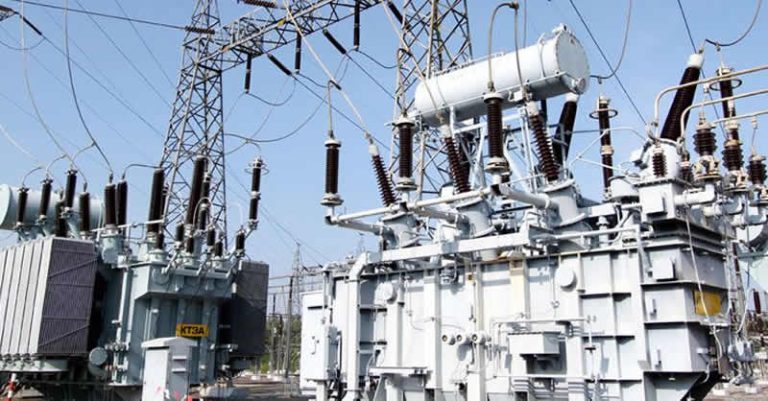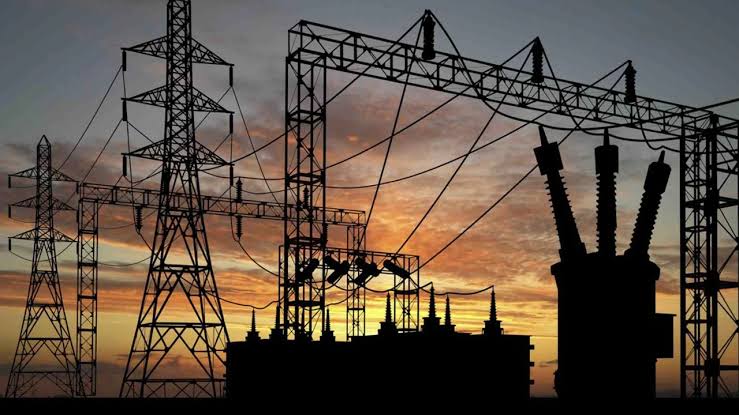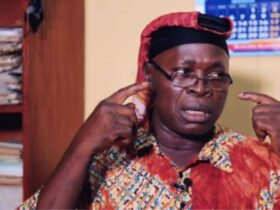Nigeria’s national power grid has collapsed 105 times in the last 10 years, raising concerns over the effectiveness of the $4.36 billion in loans obtained from the World Bank to stabilise the electricity sector.
Between 2015 and 2023, the national grid experienced 93 collapses under former President Muhammadu Buhari’s administration. Under President Bola Tinubu’s government, 12 more collapses have occurred, including three in just one week in October 2024.
The Nigerian Electricity Regulatory Commission (NERC) attributes these collapses to imbalances between power demand and supply, which result in shutdowns of generation units. Despite ongoing projects, much of the funding remains undisbursed, with $2.96 billion still locked in loans aimed at infrastructure upgrades and renewable energy initiatives.

The government has initiated projects like the Nigeria Electrification Project and the North Core Regional Power Interconnector to improve the situation. However, one major initiative from 2014 worth $125 million was cancelled without any funds released.
Data obtained from different sources, including the Nigerian Electricity Regulatory Commission, showed that the national grid collapsed approximately 93 times during the eight-year rule of Buhari, from June 2015 to May 2023.
The national power grid, according to NERC, is a vast network of electrical transmission lines that link power stations to end-use customers across the country and it is designed to function within specific stability boundaries, including voltage (330kV ± 5.0 per cent) and frequency (50Hz ± 0.5 per cent).
“Any deviation from these stability ranges can result in decreased power quality and, in severe cases, cause widespread power outages ranging from a partial collapse of a section of the grid to a full system collapse.
“When the electricity demand is higher than the supply, the grid frequency drops. Conversely, if supply surpasses demand, the frequency increases. In reaction to the grid operating at a frequency outside of the normal operation range (especially when the frequency is too low), safety settings on generation units may cause the units to shut down.
“This often exacerbates the frequency imbalance on the grid thereby causing more generation units to shut down resulting in a full or partial system collapse,” the regulator stated.
Frequent blackouts have triggered frustration among Nigerians, with business owners and residents demanding accountability. Many blame poor materials and mismanagement for the recurring failures. NERC has scheduled a public hearing in Abuja on Thursday to address concerns and chart a way forward.
The power crisis continues to disrupt economic activities, leaving households and businesses grappling with unstable electricity, despite years of funding and promises for reform from the APC government.
Follow the Parallel Facts channel on WhatsApp: https://whatsapp.com/channel/0029VaCQSAoHgZWiDjR3Kn2E









Leave a Reply